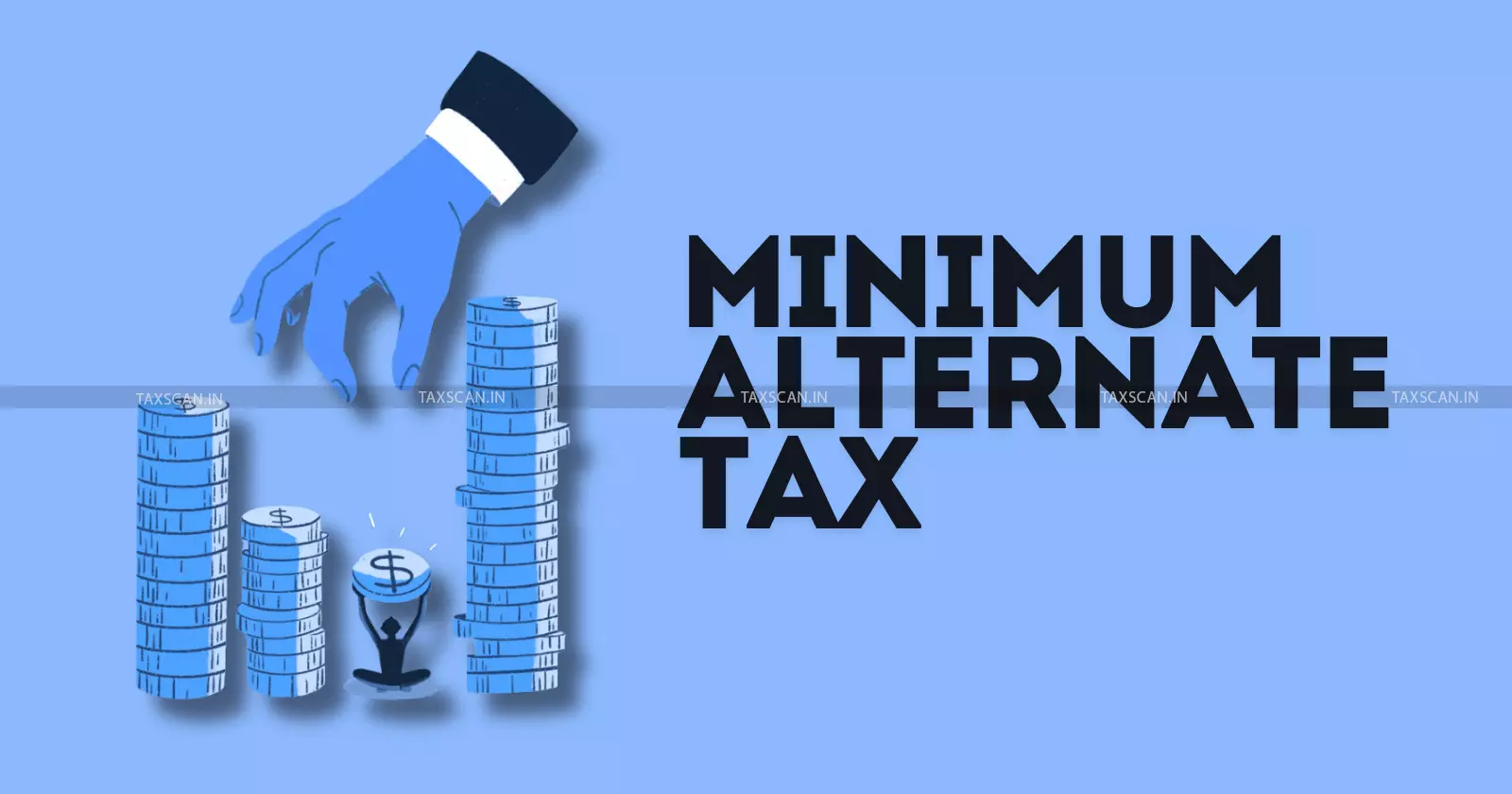MAT Adjustment on Goodwill Amortisation Not Permissible: ITAT Rules in Favour of SC Johnson Pvt Ltd
The Tribunal held that amortisation of goodwill cannot be equated with a provision for diminution in the value of assets within the meaning of Explanation 1 to Section 115JB.

The Income Tax Appellate Tribunal (ITAT), Delhi has held that amortisation of goodwill, arising from a scheme of amalgamation approved by the Delhi High Court, cannot be adjusted while computing book profits under Minimum Alternate Tax (MAT) provisions. The Tribunal ruled that such amortisation is not covered under Explanation 1 to Section 115JB of the Income Tax Act, 1961, and accordingly deleted the addition made by the Assessing Officer.
The appeal is filed by S. C. Johnson Pvt. Ltd., a company engaged in the manufacture and trading of insect control and air care products. During the relevant assessment years, the company had amalgamated its wholly owned subsidiaries, KAPL and Roshni Appliances Pvt. Ltd. (RAPL), pursuant to a scheme sanctioned by the Delhi High Court.
In accordance with the purchase method under Accounting Standard-14, the assessee recognised goodwill in its books and amortised it over five years. While computing book profits under Section 115JB, the assessee reduced the amortised portion of goodwill, which the Assessing Officer (AO) subsequently disallowed by adding it back to the book profits, thereby raising MAT liability.
The assessee represented by K. M. Gupta, Advocate & Shruti Khimta contended that the treatment of goodwill was consistent with the purchase method prescribed under Accounting Standard-14 and duly sanctioned by the scheme of amalgamation approved by the Delhi High Court. It was submitted that the statutory auditors had accepted this accounting treatment, and no defects were pointed out in the books of accounts.
It was further argued that amortisation of goodwill does not fall within the adjustments prescribed under Explanation 1 to Section 115JB and hence cannot be added back to the book profits. In support of this argument, reliance was placed on the ruling of the Mumbai Tribunal in Toyo Engineering India Ltd.(2008), where under similar circumstances the amortisation of goodwill had been allowed in the computation of book profits.
Appearing for the Revenue Authorities, Mahesh Kumar, argued that the AO was well within his authority to re-compute book profits in accordance with Section 115JB by ensuring compliance with the principles of Accounting Standard-14. It was contended that in cases of amalgamation, the pooling of interest method was the appropriate accounting treatment and that the assessee’s adoption of the purchase method was unjustified.
Therefore, it was urged that the adjustment made in respect of goodwill amortisation while computing MAT liability was valid.
The Bench comprising Judicial Member, Anubhav Sharma and Accountant Member, Manish Agarwal observed that the scheme of amalgamation had been duly approved by the Delhi High Court, and the adoption of the purchase method was permissible under Accounting Standard-14.
The Tribunal further noted that even if the pooling of interest method were to be applied, the financial impact would be revenue neutral, since losses or negative earnings would still be reflected in the accounts.
The Tribunal clarified that MAT adjustments must be confined strictly to the items listed in Explanation 1 to Section 115JB of the Income Tax Act, 1961. Since amortisation of goodwill arising from a court-sanctioned amalgamation scheme does not fall within those specified adjustments, the ITAT deleted the addition, providing substantial relief to S. C. Johnson Pvt. Ltd. from excess MAT liability.
Support our journalism by subscribing to Taxscan premium. Follow us on Telegram for quick updates


